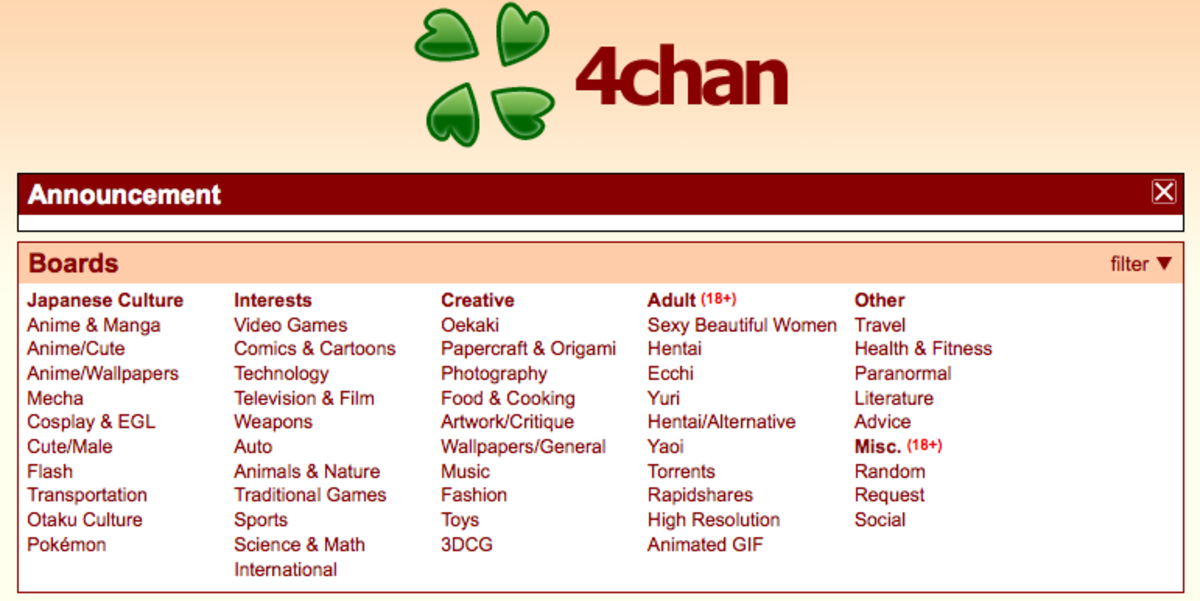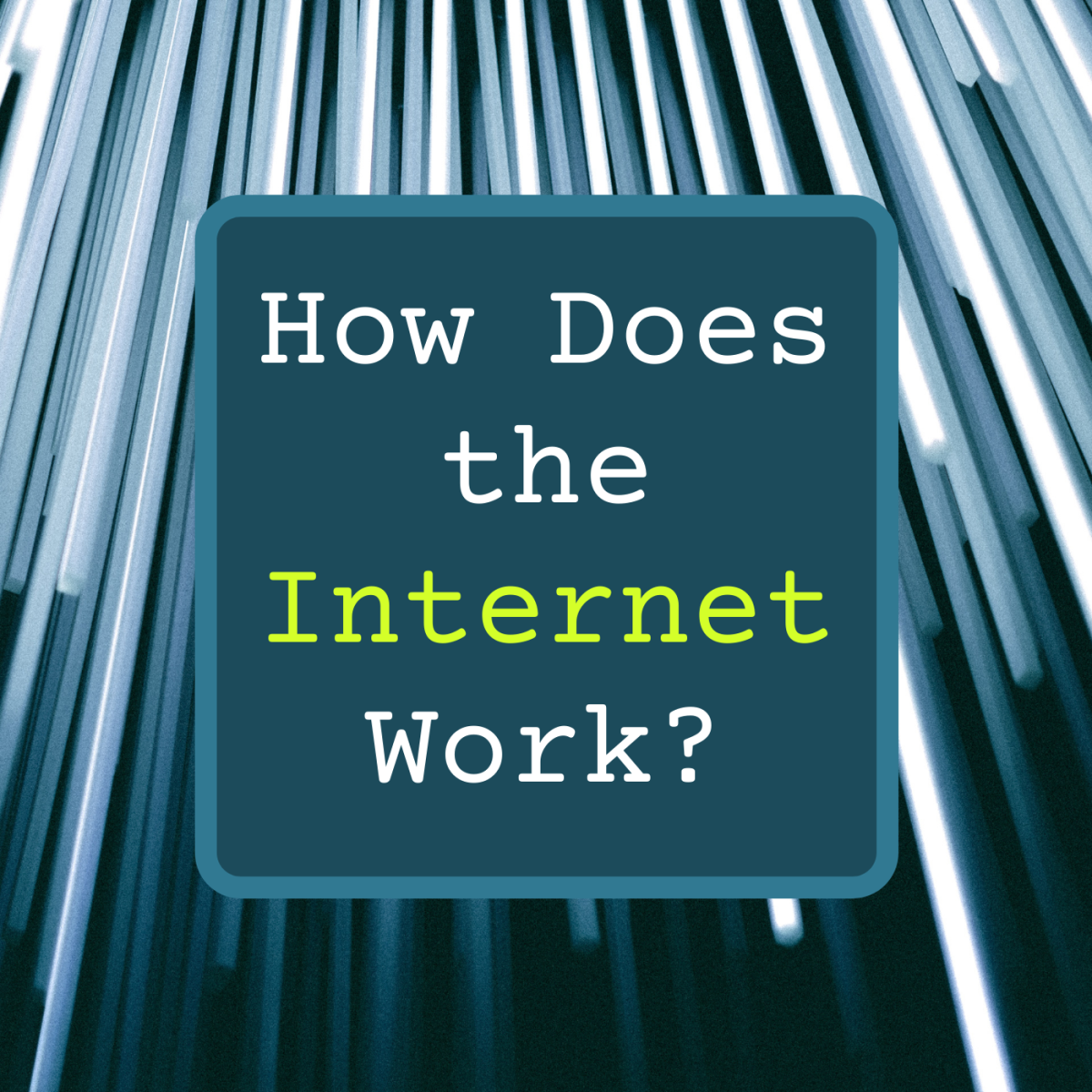Drupal Terminology

Drupal Terminology
Like many other software applications, Drupal has its jargon, a terminology that should be well understood before you start learning how to administer your Drupal site. There is an entire lexicon of these terms available, but for an average you or an average me it should suffice to grasp the meaning of the terms listed here.
I'm writing my tutorials for complete beginners using as little jargon as possible. Yet there may be times when you come across one of the terms listed below.
Node: Anything that is a piece of content is a node. For instance, a page, a blog post, a poll, a comment, a forum topic or a forum post are all nodes. A hub on HubPages is also a node.
Content Type: In Drupal, there are several pre-defined content types such as blog post, page, poll etc. For every node type there is a content type, which basically defines what information is needed to create that node and how that node will work on the site.
When you ask a clerk in a formal office to do something for you, you don't step up to him and verbalize your request. You make a petition by filling out the correct form and then hand it over to the clerk. There are various things you can ask for so there are lots of different forms. Basically, content types are these forms; you can fill them out to create your node. Each content type is configurable to determine how the nodes belonging to that type should work on the site. For instance, you can set blog post content types so that blog posts can be commented on and page types so that pages can't be commented on etc.
Post: A post is a piece of content of any content type. For example, if a user creates a page node, they have created a post.
Module: The building blocks of your site, modules add functionality. The ability to build a forum or to have a blog on your site etc are provided by different modules. There are hundreds of modules available to add new functions to your site. Some modules require others to be able to function, but the vast majority of them can be turned on and off without affecting other modules (functions).
Themes: They control the look and feel of your site. They are like templates that can be modified using style.css and/or an image editor application.
Menu: Menus provide lists of links, and can be used to create an organizational
and navigational structure for your site.
Block: A block displays content within a specific place on the page.
Region: Every theme defines specific regions. These are the locations where blocks can be places.
Taxonomy:
It is a tagging and a category system. Taxonomy is used to organize
content within the site. Drupal allows you to create different
categories to organize posts. A taxonomy is basically a pre-defined set
of categories or tags, which you can chose from when creating or
editing a node.
Term: Tags are called terms in Drupal. They reside within their parent taxonomy.
Role: Roles are created to determine what specific users are permitted to do on your site. Every user has a role. Every role is basically a set of permissions for users belonging to that role.
The full Drupal terminology for advanced users can be found at the official Drupal website.
Other Drupal articles:






